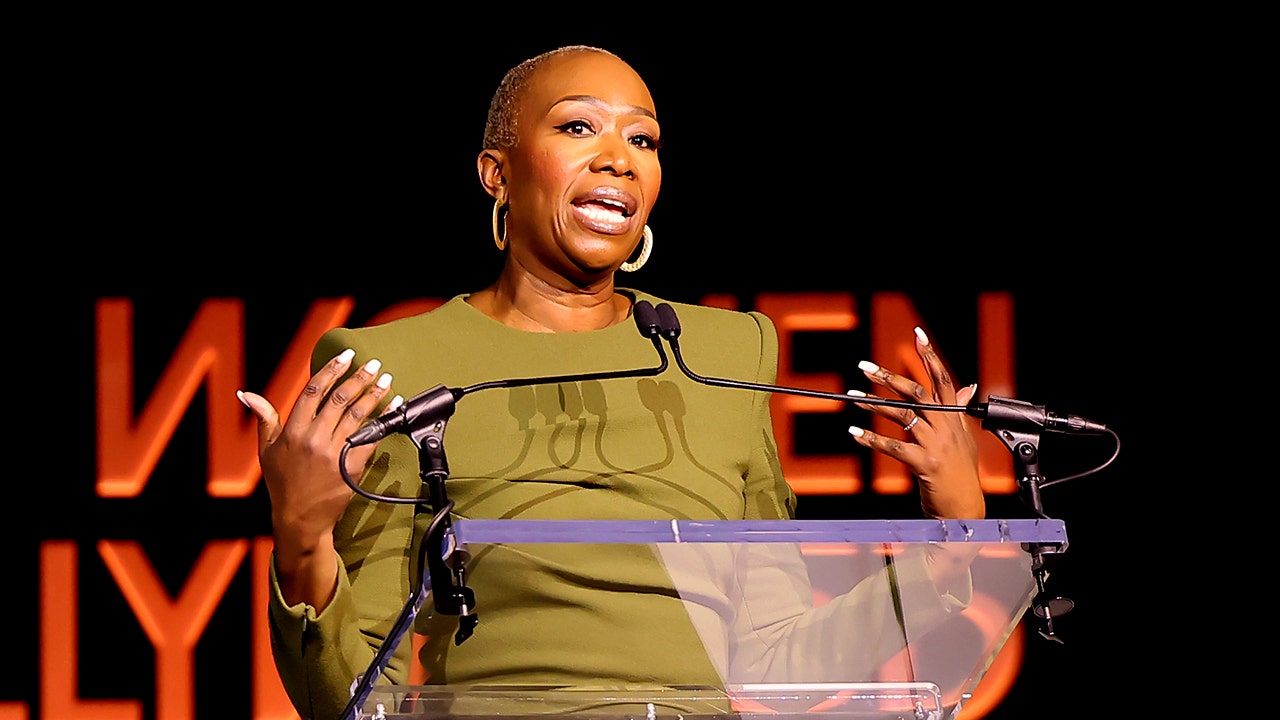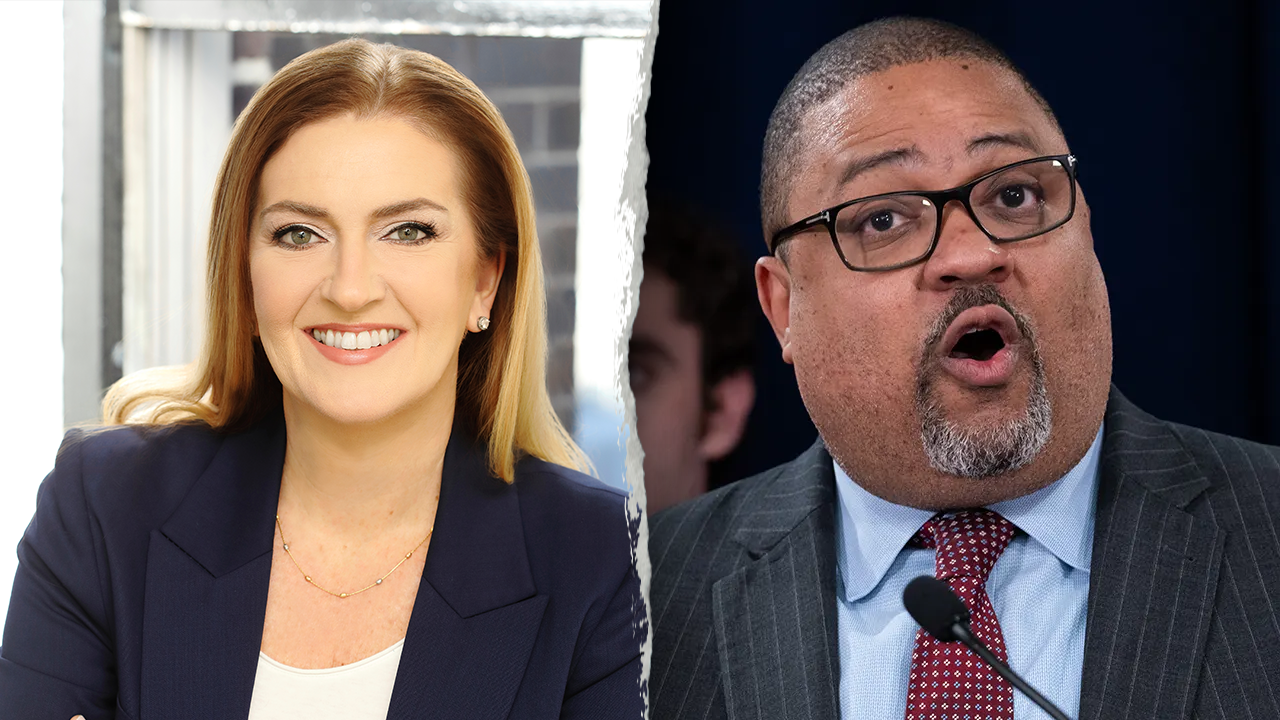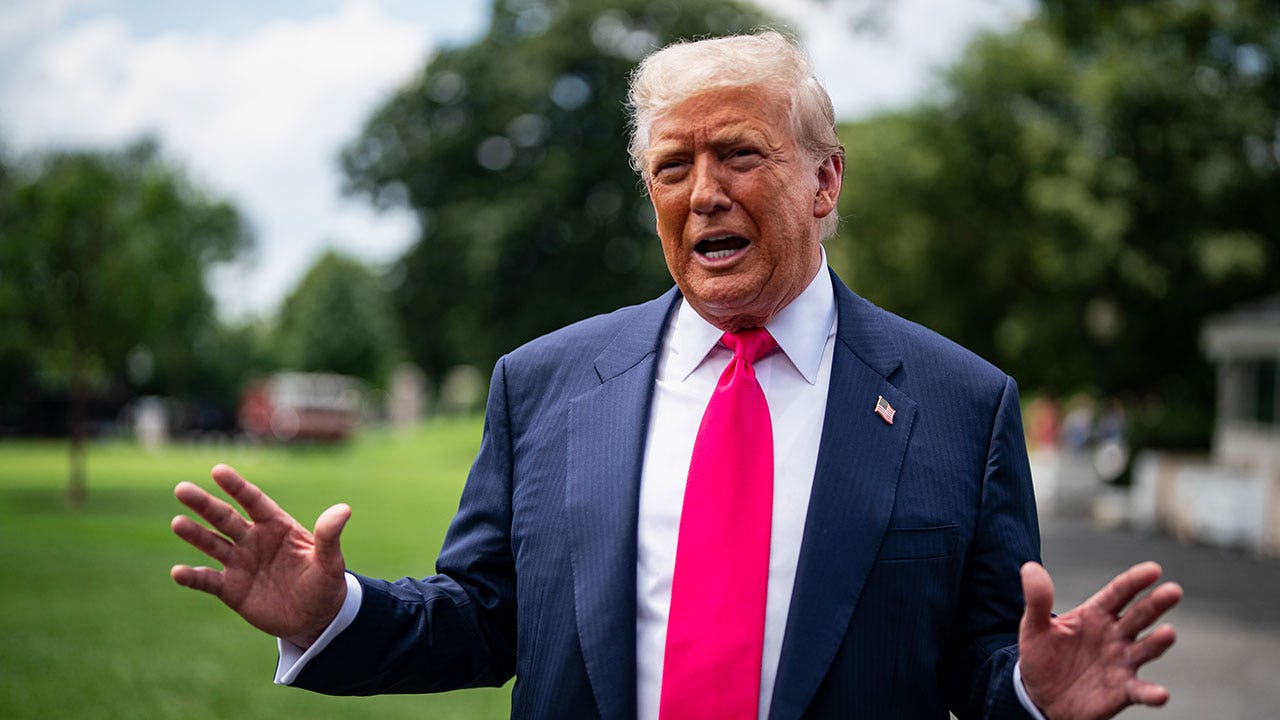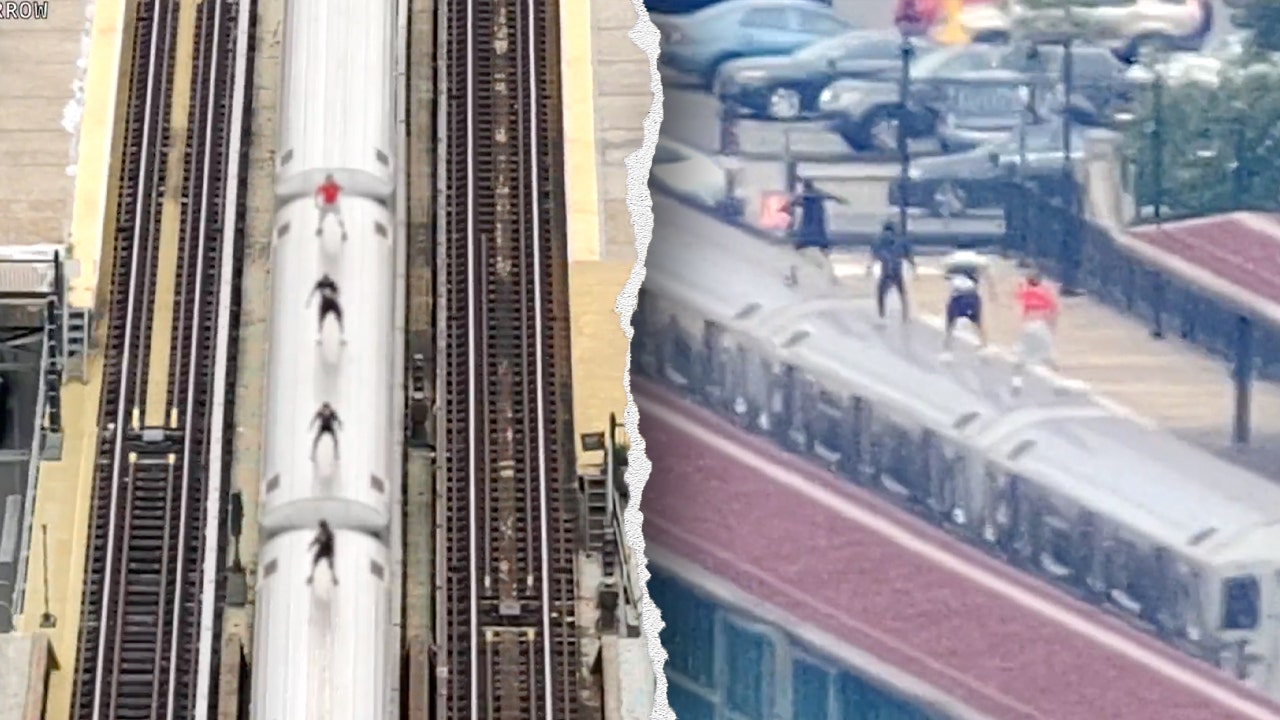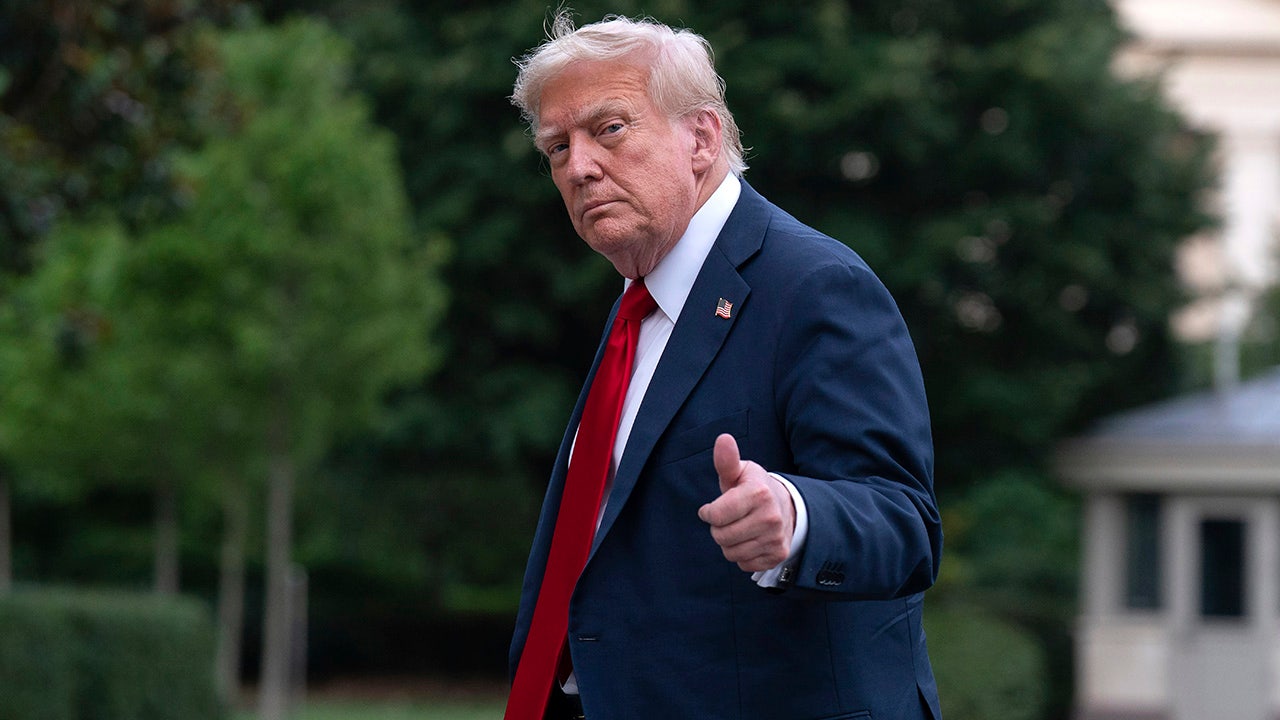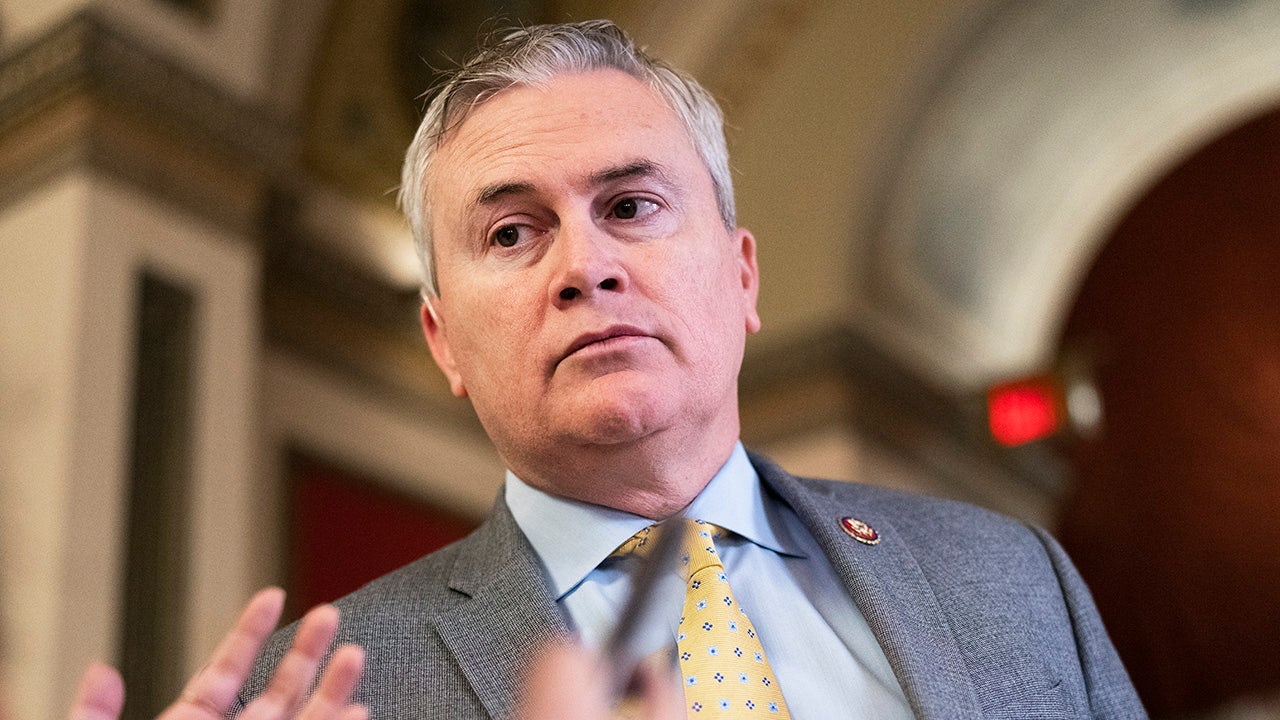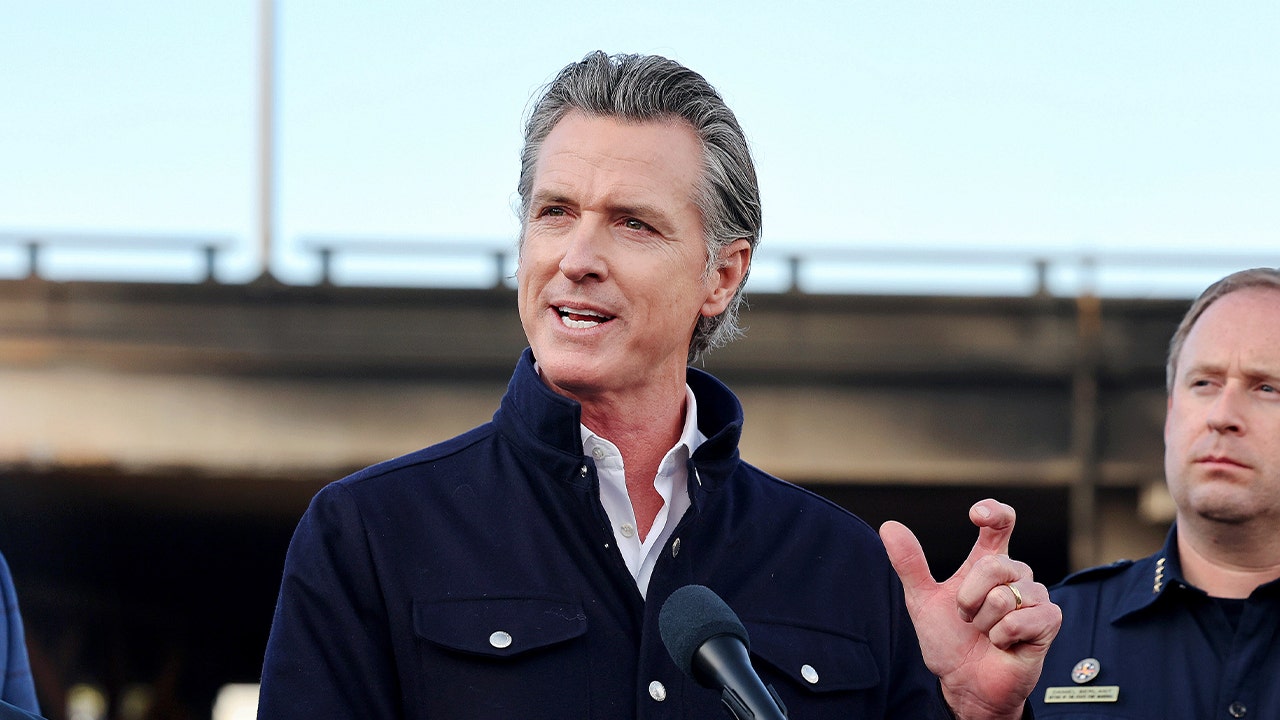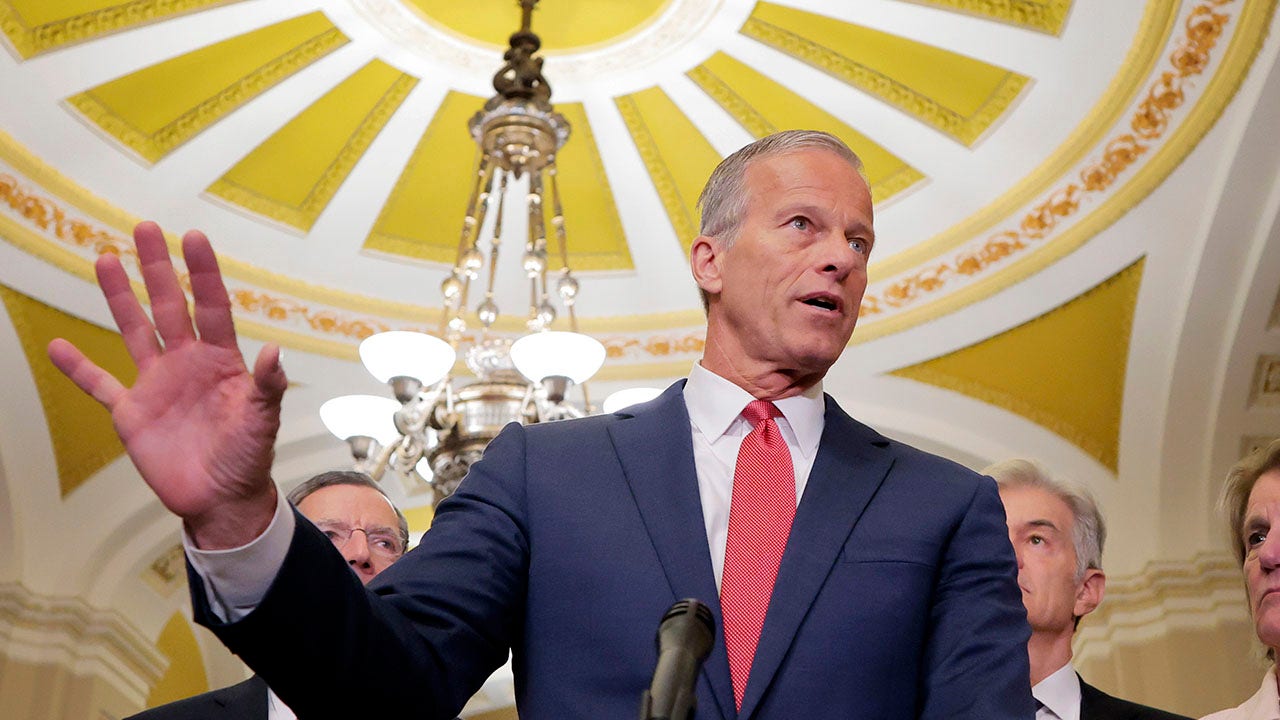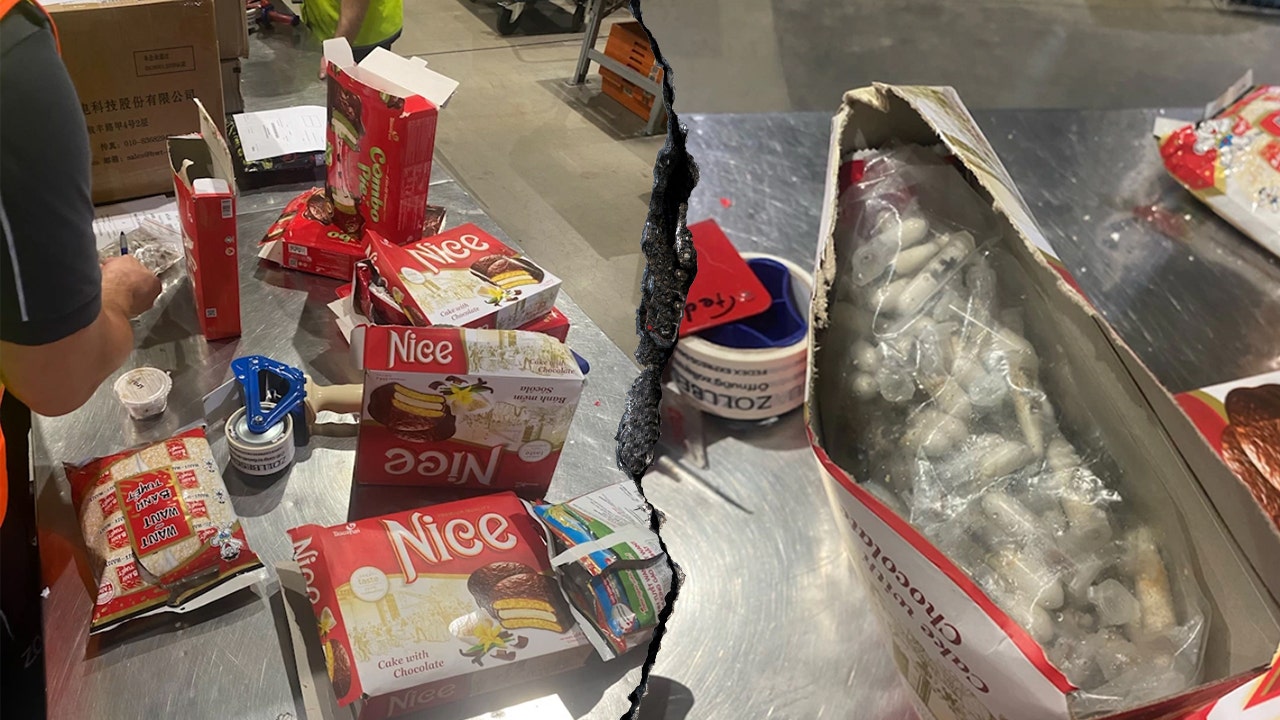NEWYou can now listen to Fox News articles!
As reported crossings have dropped dramatically at the border, there is still work to be done on matters of stopping drugs from making their way into the United States, especially in the border state of Arizona, a top state official says.
One of the ways that cartels transport drugs is by using drones, a tactic that gained attention after bipartisan legislation signed in the Grand Canyon State gave law enforcement the power to shoot down the small aircraft.
"I think what has changed is that we have gotten more control over people crossing over the border, but unfortunately what has not changed is we still have a huge amount of fentanyl that is coming across our border here in Arizona, and that is being flown over the by the Mexican drug cartels with drones," Democratic Arizona Attorney General Kris Mayes said.
LOS ANGELES JUDGE WEIGHS SEVERE LIMITS ON TRUMP'S IMMIGRATION ENFORCEMENT IN CALIFORNIA

Fentanyl is being delivered across the border by cartels on drones. (U.S. Customs and Border Protection; Fox News)
"So, one of the things as the attorney general of Arizona that I've done is we got a law passed that allows local law enforcement and our office to shoot those drones out of the sky or to disable them with drone jammers. And that's something that's long overdue. There's a huge number of these drone incursions inside the United States, sometimes as far as 50 miles inside of Arizona, and that is unacceptable," she continued.
"It is shocking, the number of drones that are coming inside Arizona. It's very, very dangerous. Obviously, right now, they are delivering payloads of fentanyl. But drones are capable of delivering almost anything, as we have seen in Ukraine," she said.
Mayes has disagreed with various elements of the Trump administration’s border and immigration policies. For example, she does not support the masking of ICE agents "except under extreme circumstances," as it causes distrust.
CLICK HERE FOR MORE IMMIGRATION COVERAGE
On matters of drug enforcement, she asked for 50 or more Drug Enforcement Agency personnel and criticized a proposed 35% cut at the federal level to the High-Intensity Drug Trafficking Area program.
"I need the federal government to step up to the plate and to bring us more resources to deal with these cartels as they evolve," she said.
DEM REP. GOMEZ CLAIMS ICE IS TARGETING 'ANYBODY THAT IS BROWN' IN IMMIGRATION RAIDS
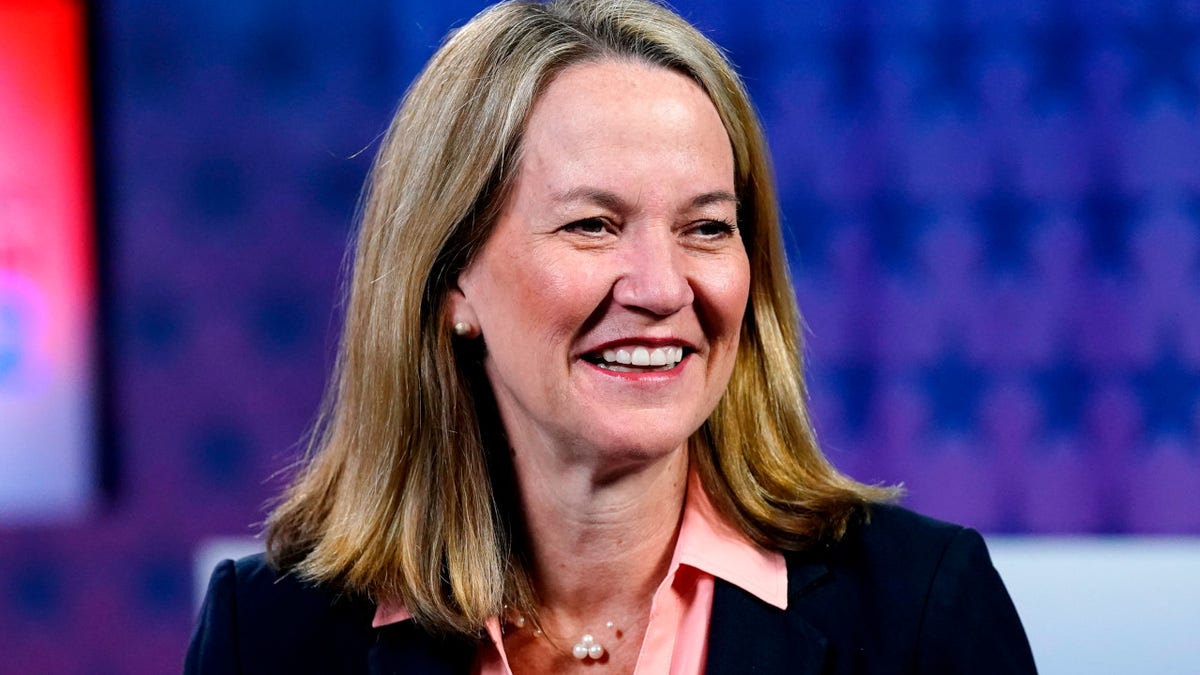
Kris Mayes, the Arizona attorney general, is sounding the alarm on increased drone use by Mexican cartels. (Ross D. Franklin/AP Photo)
In response to Mayes' request for more DEA agents, the agency referred to Special Agent in Charge Jarod Forget's comments on "America Reports" in February.
"We are committed to putting more people there. We are adding more people as we speak, so Phoenix has always been one of the top DEA domestic offices and regions that we're focused on. We see it in the numbers," he said at the time.
While there are political disagreements on the Trump administration’s border policies, some Republicans have expressed that the overall situation has significantly improved.
"What I can tell you is that looking at the [beginning of] 2025 through June, we're seeing a reduction of fentanyl cases coming to our office," Maricopa County Attorney Rachel Mitchell, a Republican, said. Maricopa County is a highly populated county that includes Phoenix in the suburbs.
"We know that in 2022 to 2023, over half of the fentanyl seized — and this is according to DEA — was seized in Arizona. So this is the main distribution point for the entire country," Mitchell said, adding that the lethality of the pills has increased in recent years.
TRUMP ADMIN SANCTIONS EL CHAPO'S CHILDREN, VIOLENT FENTANYL-TRAFFICKING CARTEL ARM LOS CHAPITOS
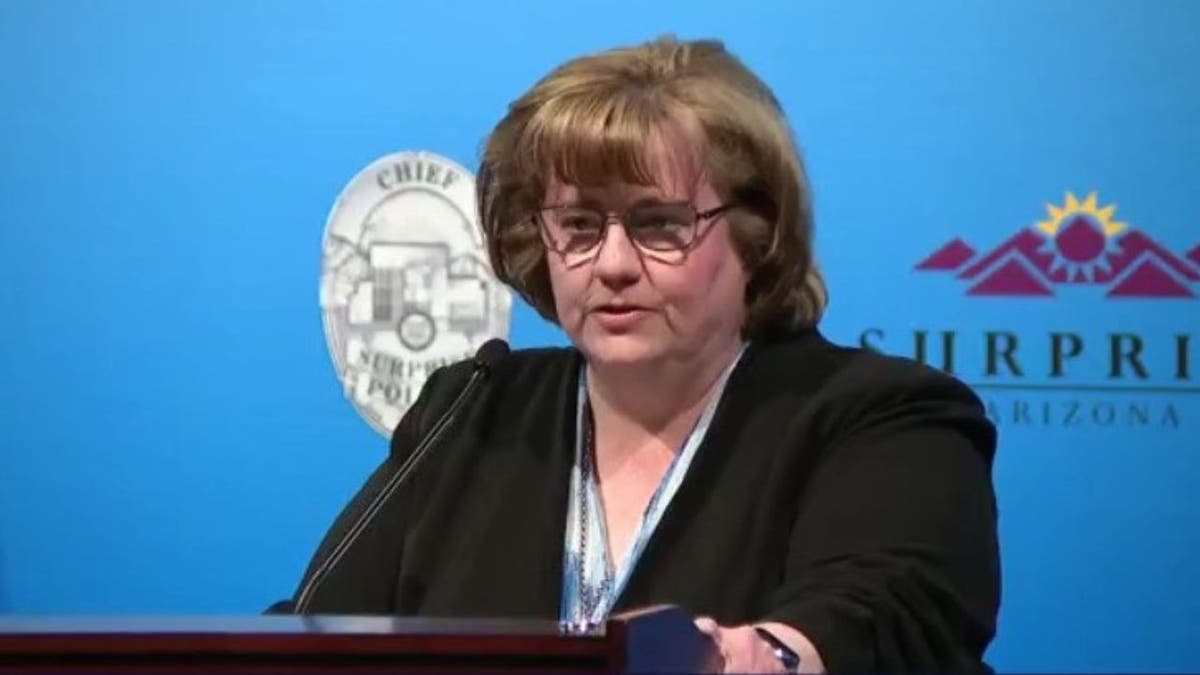
Arizona is the cartels' "main distribution" of fentanyl for the entire country, Maricopa County Attorney General Rachel Mitchell said. (Fox 10 Phoenix)
"So those border efforts by President Trump and his administration to get control over that border are vital to keeping Americans safe and alive, frankly," she continued.
When it comes to crossings, Yuma Mayor Douglas Nicholls explained that things are now more "peaceful" in the region. Yuma is just minutes from the border, and the city faced a strain on resources during the border crisis, including at its hospital, and they’re still hoping to see reimbursement at some point.
"The cartel activity has remained pretty much south of the border, and it pretty much always has. There's no real incursion into our community, and we did not see an increase in crime over the last five years. We've actually seen a decrease in the last couple of years," Nicholls noted.
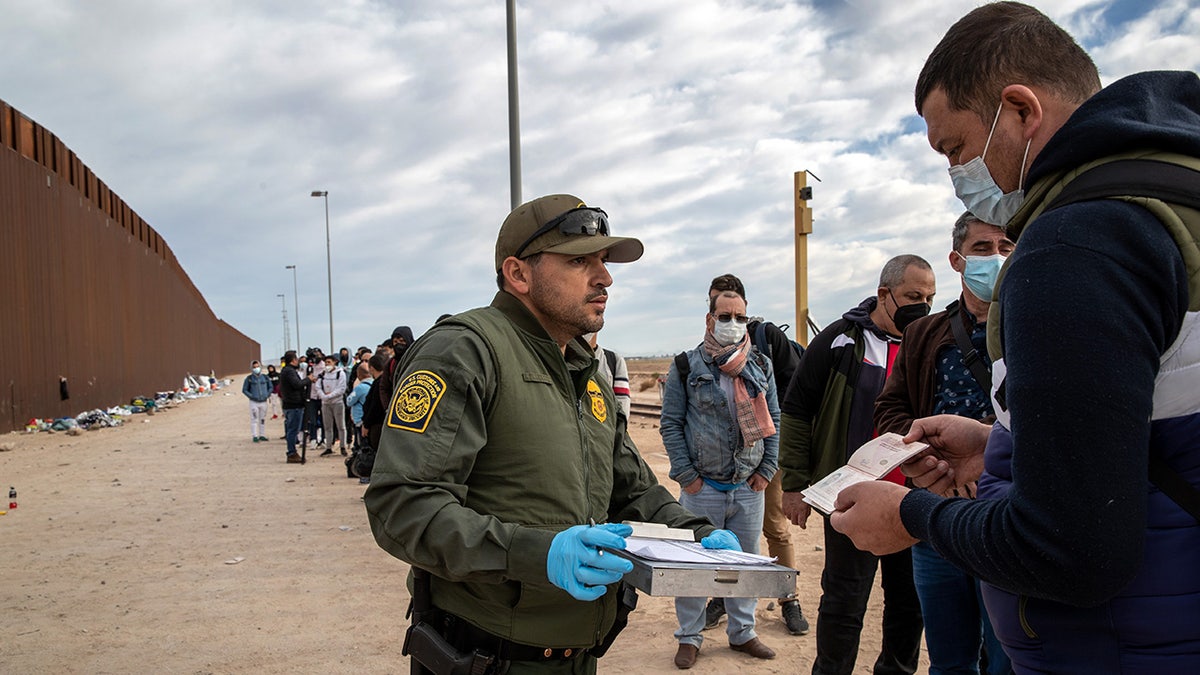
An immigrant from Uzbekistan shows his passport while being taken into custody by U.S. Border Patrol agents at the U.S.-Mexico border on Dec. 7, 2021, in Yuma, Arizona. (John Moore/Getty Images)
"So there's no direct impact here. But what has happened is, in Mexico, there's been a big shift in the cartels' organization as there's been arrests... The leadership levels have been competed for by people within the cartel organizations," he continued. "That's caused a lot of violence right across the border, so there are those concerns which have an impact on us. From the perspective of people coming here to access the border, if they're not crossing anymore, that impacts a lot our local economy, so from that perspective, that's really been the only big impact."
CLICK HERE TO GET THE FOX NEWS APP
"But the interdiction of drugs that come through our community — fentanyl, and all of them, cocaine and everything — to me, that's a bigger issue countrywide because it doesn't just stop here, it continues to move through our community," the mayor added.
"Under President Trump, the southern border is more secure than it has ever been," said White House spokesperson Liz Huston. "The Trump Administration is restoring law and order, and dangerous cartel criminals are being removed from our streets. Protecting the American people is our top priority — and criminals now know if they cross our border, they will face the full force of the United States Justice System."
Cameron Arcand is a politics writer at Fox News Digital in Washington D.C. Story tips can be sent to Cameron.Arcand@Fox.com and on Twitter: @cameron_arcand


